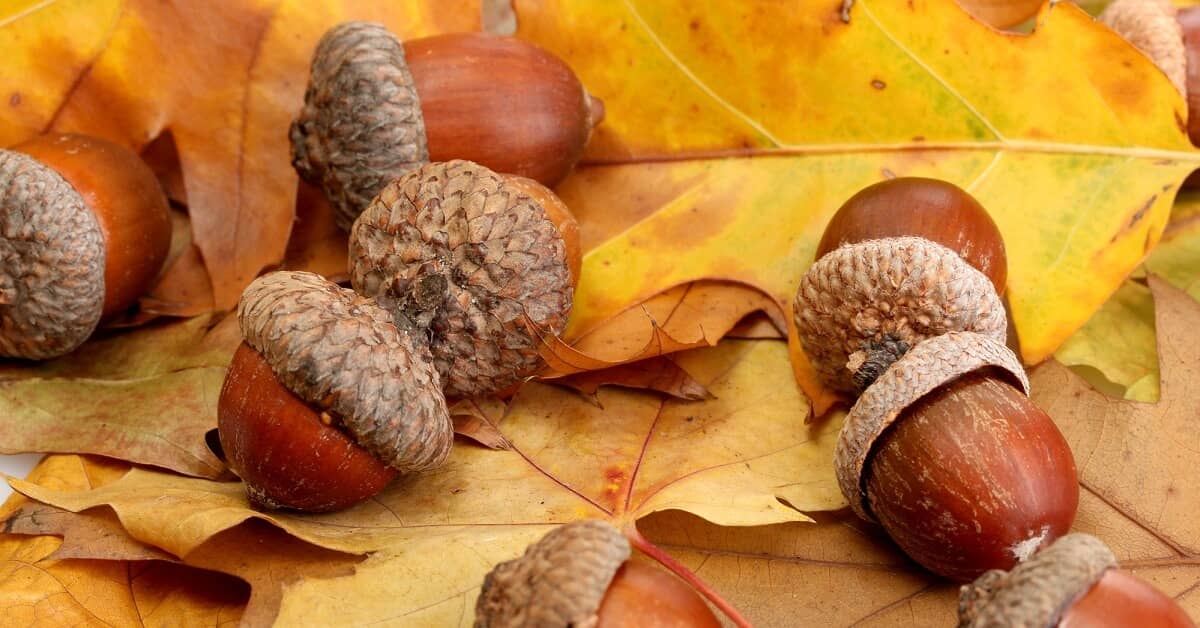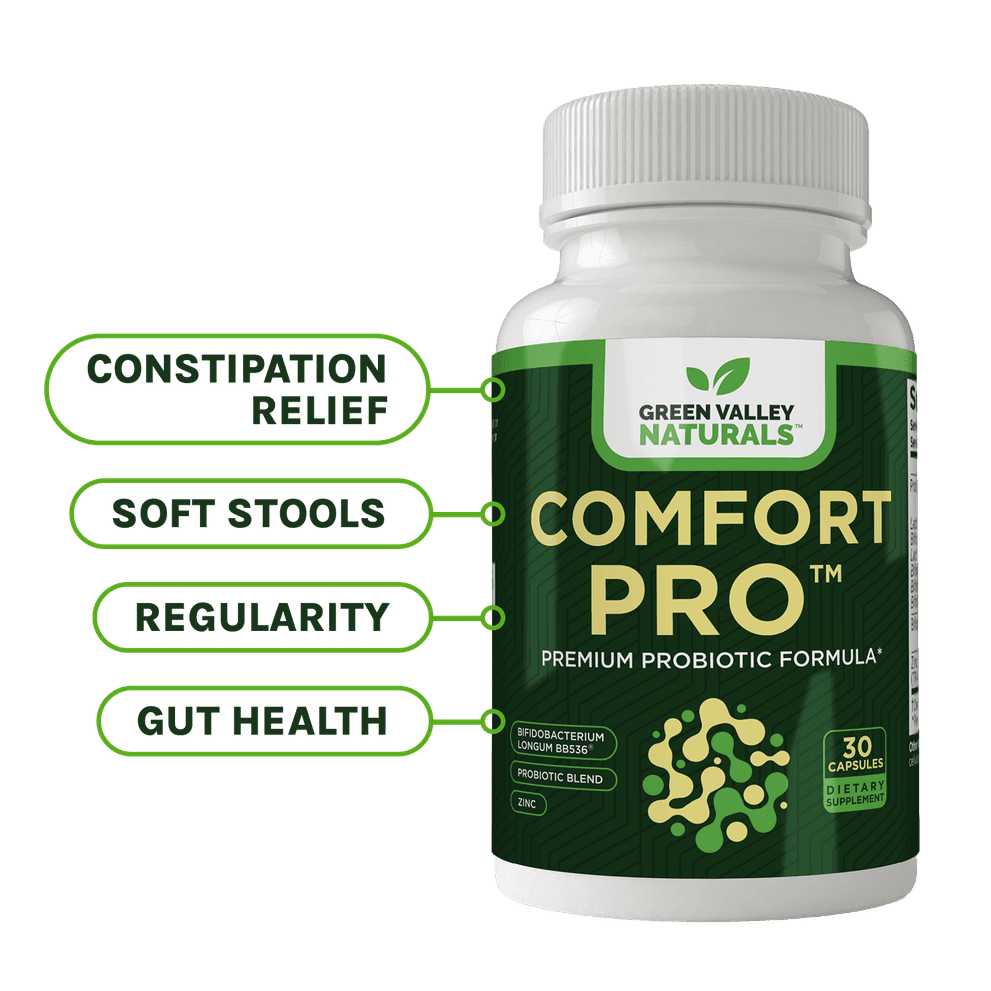
Before supermarkets and processed snacks, before almond milk and quinoa bowls, humans relied on an ancient, overlooked treasure for nourishment — one that's now the center of an unexpected clash between humans and squirrels in South Korea. What if the next superfood craze isn't something new but hidden in plain sight for thousands of years? Welcome to the surprising resurgence of the humble acorn.
Key Takeaways
Ancient Superfood Rediscovered: Acorns have nourished human civilizations for thousands of years and are being recognized today as a powerful, sustainable superfood rich in antioxidants, fiber, and essential minerals.
-
Health and Medicinal Benefits: Acorns possess antibacterial, antiviral, gastroprotective, and neuroprotective properties, and show promise in supporting diabetes management and skin healing.
-
Modern-Day Comeback: As interest in sustainable, wild foods grows, acorns are finding their way back into human diets through roasting, leaching, and creative uses like flour for baking, coffee substitutes, and noodle making.
Thousands of Years Old, and Still a Powerhouse: The Truth About Acorns
The squirrels of South Korea are not happy.
These bushy-tailed creatures are upset because humans have encroached on their territory.
Not content with plant-based meats, ancient grains, celery juice, and oat milk, trend-setting Koreans on the lookout for new and exotic food items have started to invade the squirrels' domain and ransack their winter staple. . .
. . .A highly nutritious but forgotten superfood - the acorn.
A Human Food for Thousands of Years
Before they became known as the domain of squirrels, acorns had a long tradition as food for humans. Acorns, or the fruits of the genus Quercus (oak), have been traced back to 5000 BC as an important food source for people.
Two thousand years ago, the Roman naturalist Pliny the Elder described the oak as the "tree which first produced food for mortal man."
In California, where oak trees are abundant, many Native Americans took advantage of them. According to USDA plant botanist Kat Anderson, acorns have been the staff of life for these people for millennia.
Indigenous people in other western states also made extensive use of acorns, with one tribe curing them in human urine over a period of six months. They became known as "chinook olives," which they regarded as the greatest of all delicacies.
Acorns are still an important food source in many parts of the world today.
Markets in Southern Europe and North Africa sell them boiled and ready-to-eat from late November. North Africans also make oil out of acorns and use it for cooking. In Iran, acorns are made into flour and turned into bread. In Korea, they are used to make noodles. A coffee-like beverage is made from acorns in Europe and parts of the American Midwest.
Acorns are a Highly Nutritious Superfood
Since there are 450 species of Quercus worldwide, the nutritional profile varies, but the main interest comes from their plentiful supply of phytochemicals, many of which are potent antioxidants and are shown in laboratory research to decrease the risk of several diseases.
Acorns are also a good source of dietary fiber, fatty acids and sterols, protein, vitamin A, vitamin E, calcium, magnesium, phosphorus, and potassium.
Studies have shown that acorns have antibacterial, antiviral, gastroprotective, and neuroprotective properties. Acorns and oak bark heal many skin diseases, and in eastern North America, indigenous tribes used acorns as medicinal salves. A mouse study suggested acorns could have a role in treating type 2 diabetes.
They have been highlighted as a new superfood not only because of their nutritional profile but because they are an ecologically friendly and sustainable source of food.
Miles Irving, author of The Forager Handbook and supplier of food to top British restaurants, said that acorns "are a very nutritious food, and madly, they're a food that goes to waste."
Wayne Askew, professor emeritus of the Division of Nutrition at the University of Utah, eats them himself and agrees that acorns are very nutritious and "an example of a wild, edible food for foraging that would be a good energy and protein source and relatively safe (compared to mushrooms for example)."
Scientists from the University of Porto in Portugal carried out an extensive review of the health and medicinal value of acorns. The researchers concluded that they "have great potential as high-value nutraceuticals for dietary supplements or as functional foods."
How to Eat Acorns
Raw acorns are very bitter because they contain a lot of tannins. Although not poisonous, eating too many acorns in their natural state could cause digestive upset.
The easiest way to get rid of the tannins is by roasting. "You wouldn't quite snack on it like you would peanuts," says Irving, because "it's still a little bit astringent, there's still some tannins there, but there's a very rich, amazing flavor."
The other way to eliminate tannins is by leaching. Cover shelled whole acorns with hot water and leave them on your countertop for an hour. Then change the water. Repeat until the water is clear. The leaching process should take several hours. Chopped acorns need only be submerged in cold water on the countertop, although it may require several days to clear the tannins.
They can then be eaten or used as flour for baking. Irving adds some wheat flour to make pancakes. "They are amazing. More like a flatbread than a pancake. Quite a solid texture but delicious."
It's very likely, with the growing interest in foraging for local, edible wild plants and for new forms of sustainable, nutritious sources of food, that acorns will make a dietary comeback and we'll see more foods containing acorns on the shelves of health food stores in the years ahead.
As for the squirrels of South Korea, have no concerns. Dedicated animal-loving volunteers -- Acorn Rangers -- are policing university campuses and public parks across the nation, scaring off acorn-foraging humans. The squirrel population is said to be extremely grateful.
Summary
For thousands of years, acorns were a vital food source for humans across the globe, providing key nutrients and medicinal benefits. Now, as sustainable eating trends rise, this humble nut is being rediscovered as a rich source of antioxidants, fiber, healthy fats, and vital minerals. Studies show acorns can aid digestion, protect against disease, and offer an eco-friendly alternative to modern processed foods. With proper preparation, acorns can be turned into flour, roasted snacks, coffee substitutes, and more. As the demand grows, acorns are poised to become the next big health food—although not without some concern from the squirrels of South Korea, who now have “Acorn Rangers” defending their winter supplies.
Frequently Asked Questions

